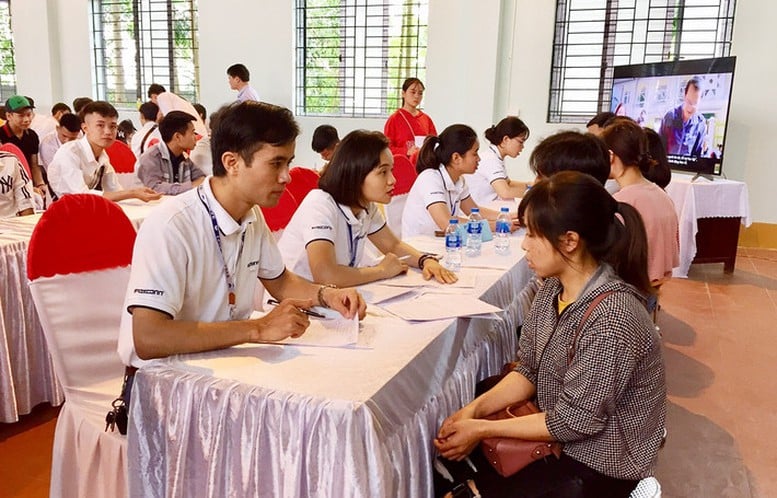
Legal aid work has made strong progress, especially in participating in litigation to protect the rights of the disadvantaged.
According to the report, in 2024, up to 681 legal aid workers met the target of participating in litigation, accounting for nearly 100%, with an average of 38.4 cases/year, a sharp increase compared to 32.4 cases/year in 2023. In further comparison, this number is more than 3 times higher than in 2016, showing that the capacity of the legal aid team is increasingly consolidated and developed.
One of the key solutions to improve the quantity and quality of legal aid cases is to assign specific targets to legal aid officers. Every year, the Ministry of Justice assigns targets for cases participating in litigation to legal aid officers at specific levels. The results of implementing the targets for cases participating in litigation are one of the bases for evaluating the level of task completion and emulation and reward for legal aid officers. The minimum, fair and excellent target for the number of cases depends on the seniority of each legal aid officer. For example, for those with more than 5 years of experience, the "good" target is 29 cases or more per year.
This indicator is both a motivation and a monitoring mechanism, because the 2017 Law on Legal Aid also stipulates that a legal aid officer will be considered for dismissal if he/she fails to carry out a litigation case for 2 consecutive years, except in cases of force majeure. Therefore, participating in litigation has become a key task, helping to improve the responsibility and professional capacity of the legal aid team.
Along with the targets, the State also raises the standards and conditions for legal assistants. According to the 2017 Law on Legal Aid, this requirement is equivalent to that of lawyers: must have a bachelor's degree in law, have been trained or practiced as a lawyer, have good ethics and good health. In addition, lawyers are also encouraged to participate through the mechanism of signing legal aid contracts, but must meet strict professional and ethical conditions.
In particular, training and skill development for the team is focused on. Since 2017, many training courses on skills in participating in criminal, civil, administrative proceedings or protecting people with disabilities, victims of domestic violence, etc. have been held regularly. Assistants are also required to participate in at least 8 hours of professional development each year. These activities help them improve their knowledge, skills and confidence in litigation in court.
Incentive policies and synchronous coordination mechanisms
Along with the requirements, conditions and mandatory criteria that Legal Aid Officers must meet, the Ministry of Justice has also advised the Government to have policies and regimes for Legal Aid Officers in general and Legal Aid Officers in particular when carrying out Legal Aid cases. This is also one of the sources of motivation to promote and encourage them to actively and proactively approach the need for Legal Aid and in the process of carrying out Legal Aid cases.
Implementing the annual litigation case quota issued by the Ministry of Justice along with increasing the litigation case compensation, legal aid officers are all enthusiastic in carrying out assigned cases, many legal aid officers have proactively approached the legal aid needs of the people. From the place where litigation participation activities mainly depended on the team of lawyers, now legal aid officers have become the main force in litigation participation activities for people receiving legal aid.
Decree No. 80/2015/ND-CP dated September 17, 2015 amending and supplementing a number of articles of Decree No. 14/2013/ND-CP of the Government detailing and guiding the implementation of a number of articles of the Law on Legal Aid has a policy to encourage people to provide legal aid. Continuing to inherit these contents, Decree No. 144/2017/ND-CP dated December 15, 2017 detailing a number of articles of the Law on Legal Aid 2017 has stipulated the regimes and policies for Legal Aid Officers and remuneration and costs for implementing legal aid cases for people providing legal aid.
Legal aid officers have all the professional titles of civil servants as prescribed by law, including: Legal aid officer grade I, Legal aid officer grade II and Legal aid officer grade III. Currently, legal aid officer is the only title in the local judiciary sector with a professional title of grade I.
Legal aid officers are provided with separate uniforms according to standards and terms, creating unique characteristics for their work, facilitating them when performing legal aid, especially when participating in litigation at litigation agencies. Legal aid officers are entitled to a professional responsibility allowance equal to 25% of their current salary plus leadership position allowance and excess allowance (if any).
In particular, to contribute to creating motivation for focusing on implementing cases, especially cases participating in litigation, the Decree continues to stipulate that Legal Aid Officers when implementing legal aid cases in the form of participating in litigation are entitled to receive compensation equal to 40% of the remuneration applicable to lawyers, and are entitled to receive compensation equal to 20% of the remuneration applicable to lawyers when providing legal aid in the form of non-litigation representation as prescribed.
It can be seen that the outstanding results in the number of TGPL cases participating in litigation in recent years are clear evidence for the effectiveness of a series of synchronous solutions. Linking targets to responsibilities, improving the capacity standards of implementers, ensuring preferential treatment and expanding inter-sectoral coordination have created a strong shift.
Legal aid is not only a tool to ensure access to justice for the poor and disadvantaged, but also a humane policy, contributing to strengthening people's trust in the legal system, promoting equality and social justice. With the existing foundation, this activity promises to continue to play an increasingly important role in the process of building a rule of law state in Vietnam.
Dieu Anh
Source: https://baochinhphu.vn/giai-phap-nang-cao-so-luong-chat-luong-cac-vu-viec-tro-giup-phap-ly-102250915153506676.htm


![[Photo] Hanoi morning of October 1: Prolonged flooding, people wade to work](https://vphoto.vietnam.vn/thumb/1200x675/vietnam/resource/IMAGE/2025/10/1/189be28938e3493fa26b2938efa2059e)
![[Photo] Keep your warehouse safe in all situations](https://vphoto.vietnam.vn/thumb/1200x675/vietnam/resource/IMAGE/2025/10/1/3eb4eceafe68497989865e7faa4e4d0e)
![[Photo] President of the Cuban National Assembly visits President Ho Chi Minh's Mausoleum](https://vphoto.vietnam.vn/thumb/1200x675/vietnam/resource/IMAGE/2025/10/1/39f1142310fc4dae9e3de4fcc9ac2ed0)



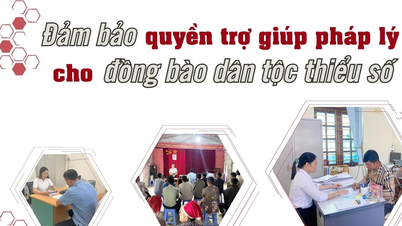

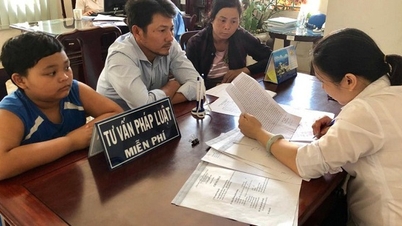
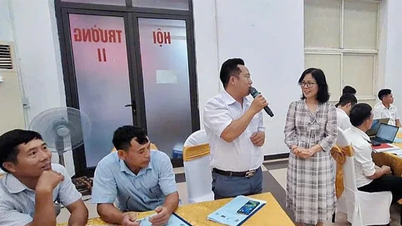

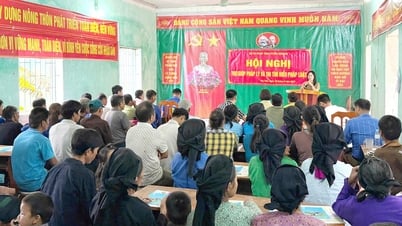









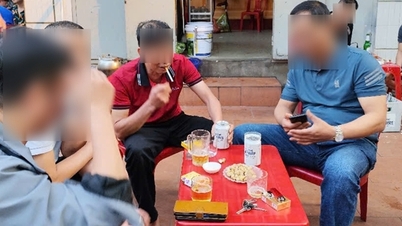
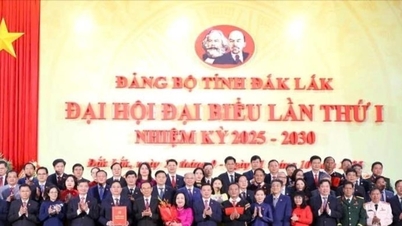



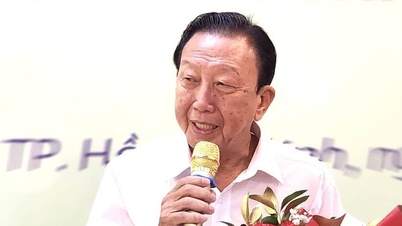





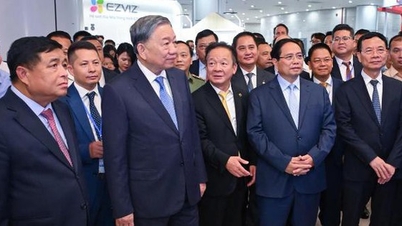
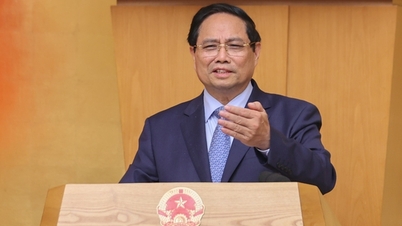
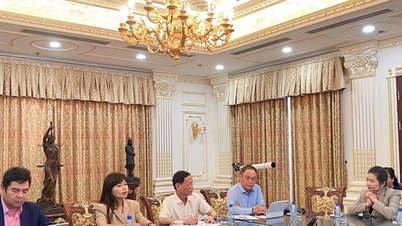
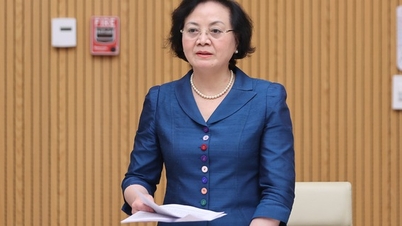







































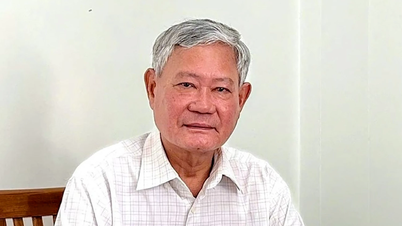



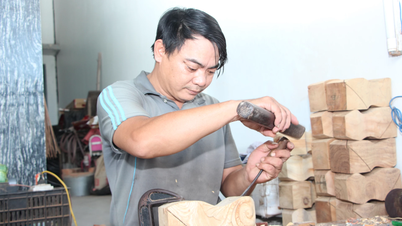
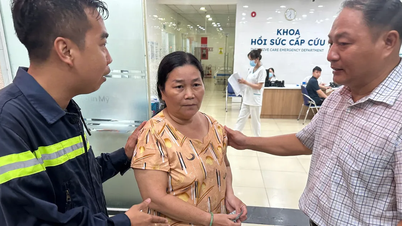



















Comment (0)